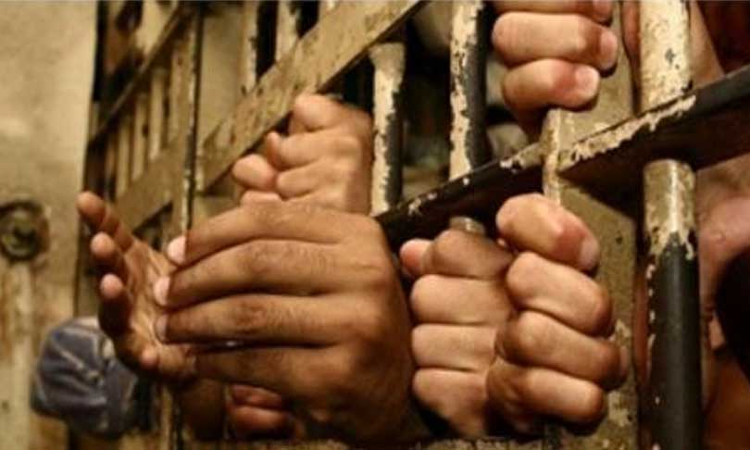Conjugal Rights Of Prisoners & Spouses: PIL In Delhi HC Seeks Inmates Be Allowed Conjugal Visits
akanksha jain
30 May 2019 6:12 PM IST

PIL says conjugal visits would lead to reformation, cut down sex crimes in jail.
Next Story
30 May 2019 6:12 PM IST
